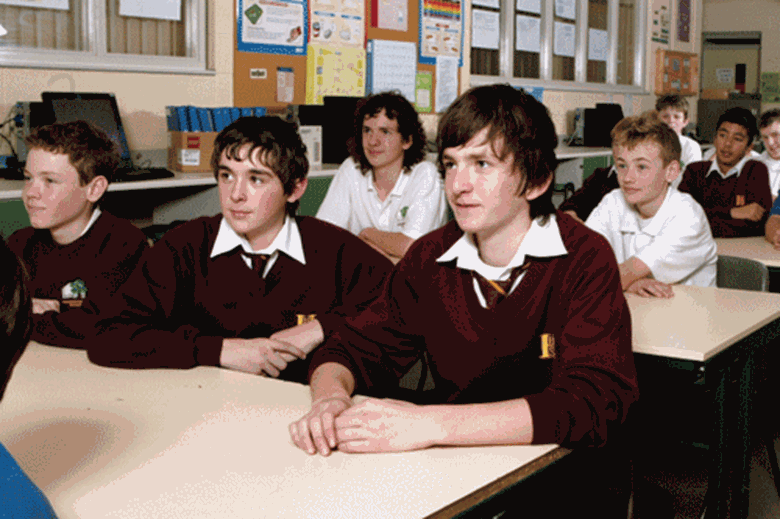Campaigners push for 'wellbeing GCSE' to boost mental health in schools
Joe Lepper
Tuesday, June 19, 2018
Pupils should be taught about meditation and a range of psychological therapies as part of a new "wellbeing GCSE" designed to improve children's mental health, academics have said.

Under proposals drawn up by Art of Brilliance, a community interest company that delivers positive psychology training, coaching and consultancy for schools and businesses, the new GCSE will have a strong academic underpinning and modules will include positive psychology - also known as the science of happiness, resilience and relationships.
The aim behind all the modules will be for young people to "aspire to be their best selves and learn strategies and life skills to maintain their own mental wellbeing".
Dr Andy Cope, who has a Loughborough University PhD in positive psychology and has helped develop the proposals, said introduction of a new GCSE is necessary because schools are "unable to cope" with pupils' declining mental health.
"The system is creaking," he said.
"Indeed, in terms of harming the mental wellbeing of young people, the system is often failing. In terms of wellbeing, schools are no longer fit for purpose.
He added: "If we want schools to produce well-qualified young people who also happen to be confident, upbeat, positive, resilient, creative, altruistic and passionate, they need to be taught how. In short, young people need a programme of study that equips them for the fast-paced world as it is, not the relatively pedestrian world as it used to be."
The GCSE has a total of seven modules on subjects such as personal leadership, dealing with difficult times, and communicating positively with others. Academic research behind the theory of wellbeing is also part of the course.
The Department for Education determines the subject content for GCSEs. Exam boards then produce submissions to qualifications regulator Ofqual for accreditation.
Tom Madders, campaigns director of the charity Young Minds, supports having mental health as a subject on the school curriculum.
"There is a mental health crisis in our classrooms. Children and young people today face a huge range of pressures, from exam stress to cyberbullying to finding a job when they finish education - and all the evidence suggests that problems are getting worse not better," he said.
"Whether or not a GCSE in wellbeing is feasible, having mental health on the curriculum is an important step.
"But we also need to see a more fundamental rebalancing of the education system, so that schools no longer feel they are being asked to prioritise exam results over the mental health of their students.
"To make this happen, we must see improved resources for schools, as well as better recognition of the importance of wellbeing in the Ofsted inspection framework."
In December last year the government unveiled a green paper on young people's mental health, which pledged £300m to provide support in schools.
This includes incentives for schools to appoint a designated mental health lead to co-ordinate support and help children access therapies and specialist treatments.
NHS data obtained by the NSPCC last month revealed that nearly a third (31 per cent) of children referred to specialist mental health services by schools are being denied treatment as they do not meet the criteria of support.
According to a survey published by The Prince's Trust in January, young people's happiness and confidence levels are at a record low, with lack of job opportunities a major concern.
A Department for Education spokesperson said: "The government has pledged £1.7bn to help promote, protect and improve children and young people's mental health and wellbeing with £300m to provide more direct support to schools and colleges."
"There are no plans to introduce new GCSEs, AS or A levels in this parliament but many schools already use their curriculum and school day to support pupil wellbeing, for example through their PSHE curriculum and through a range of extra-curricular activities."




